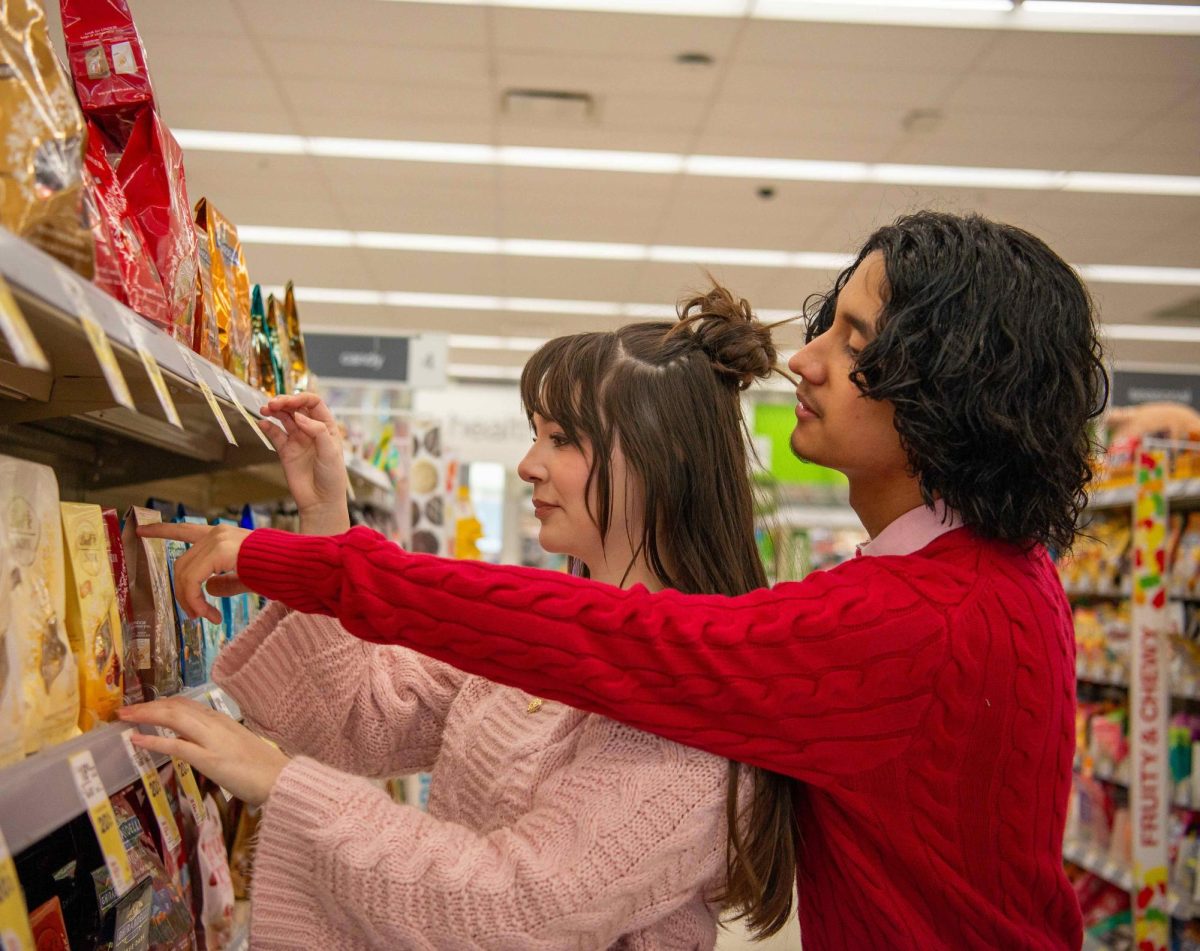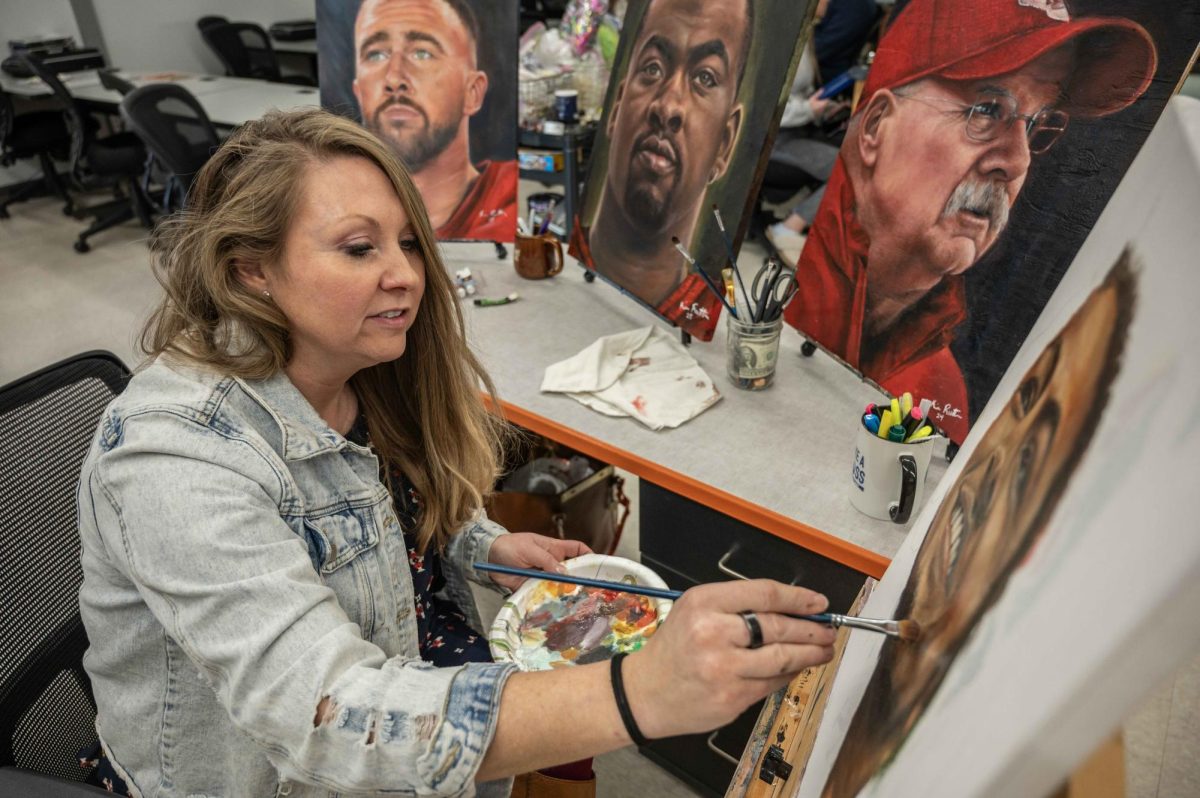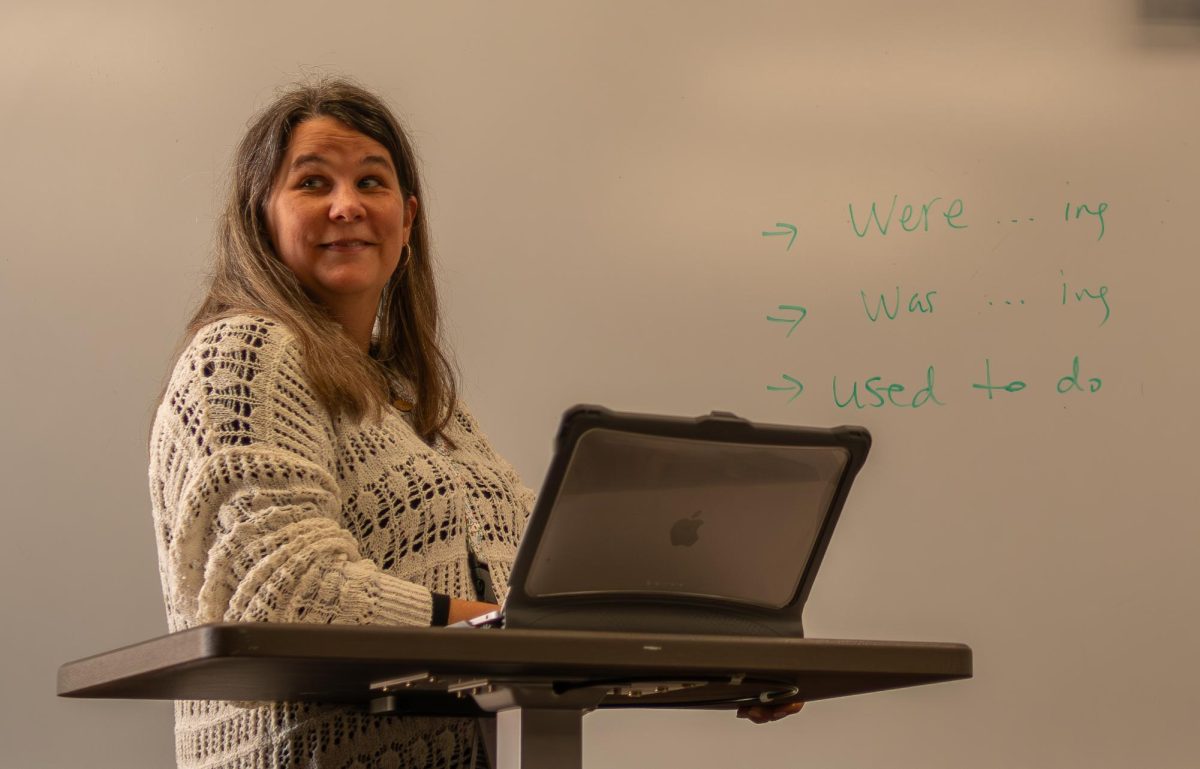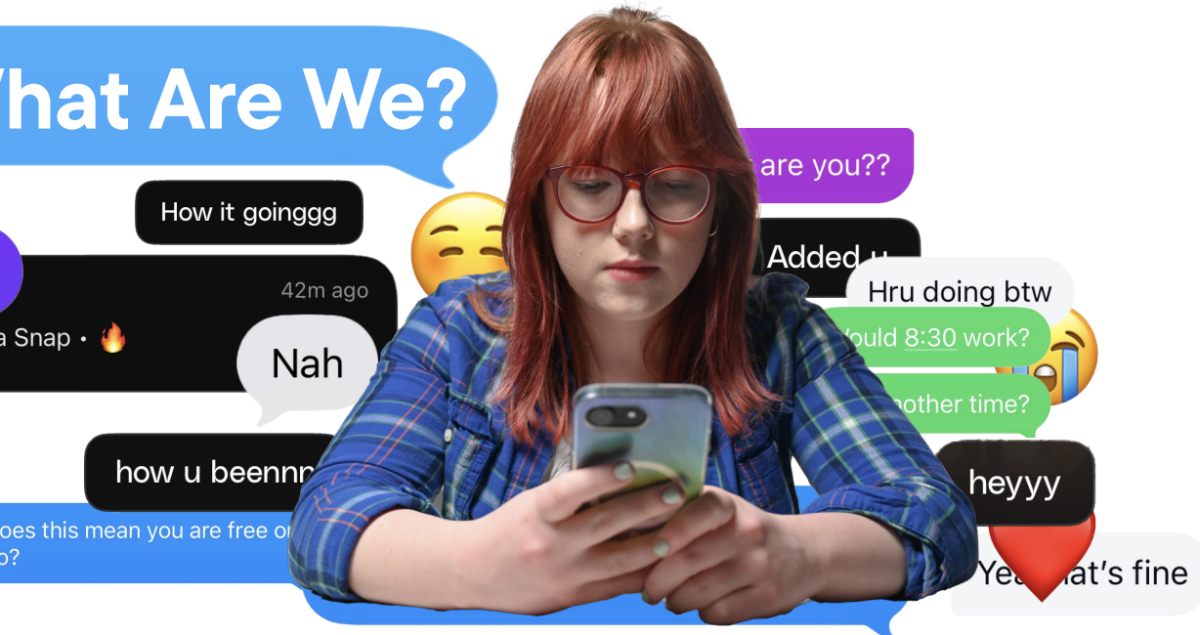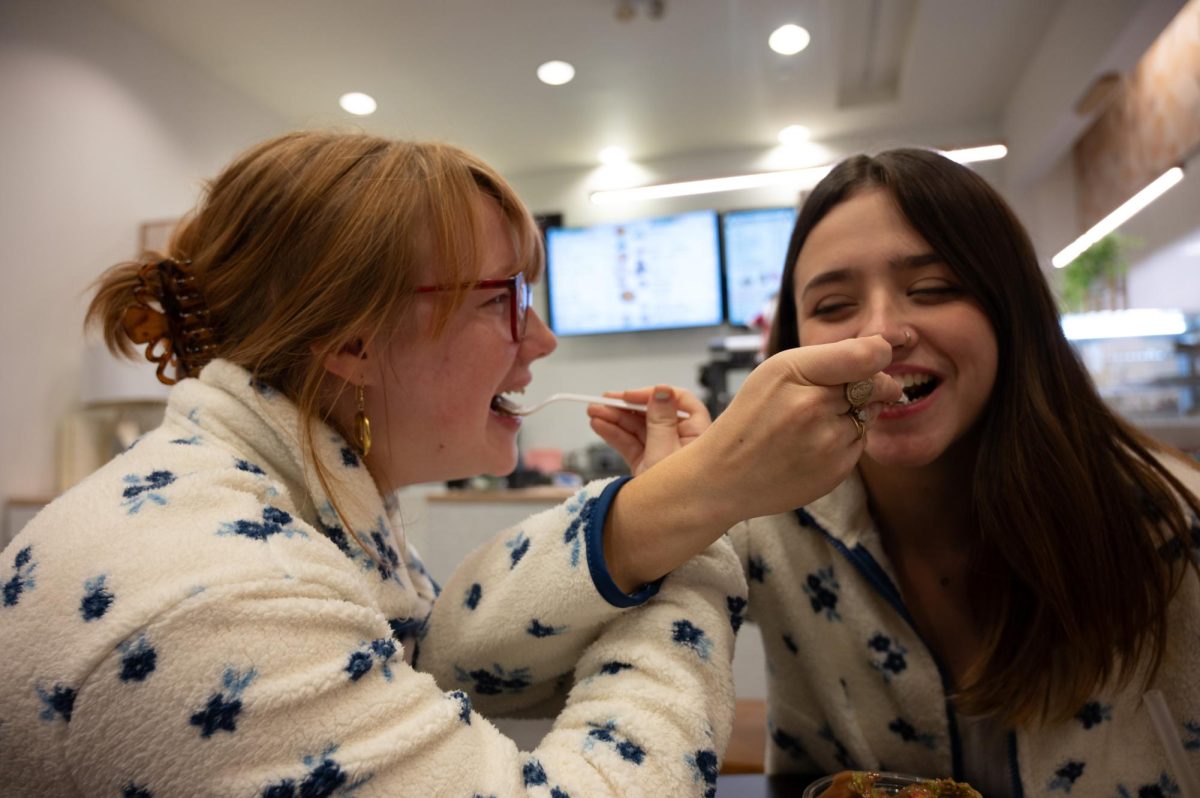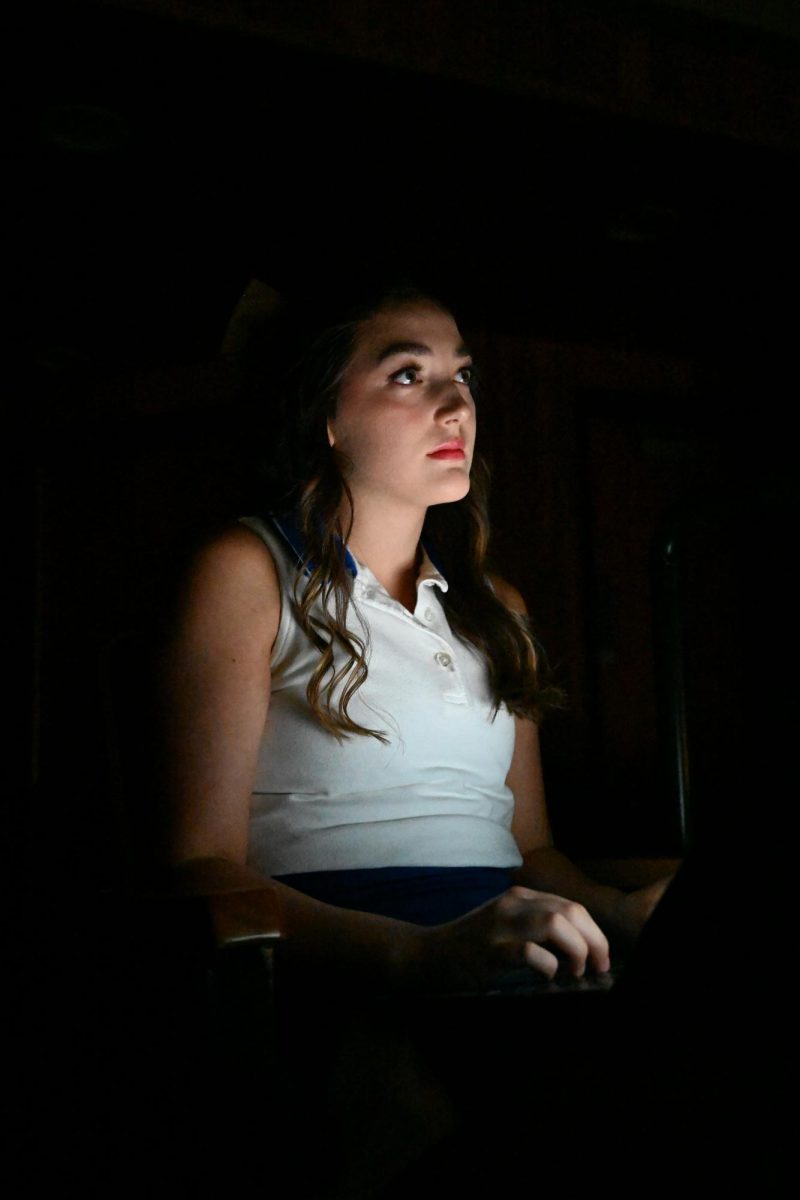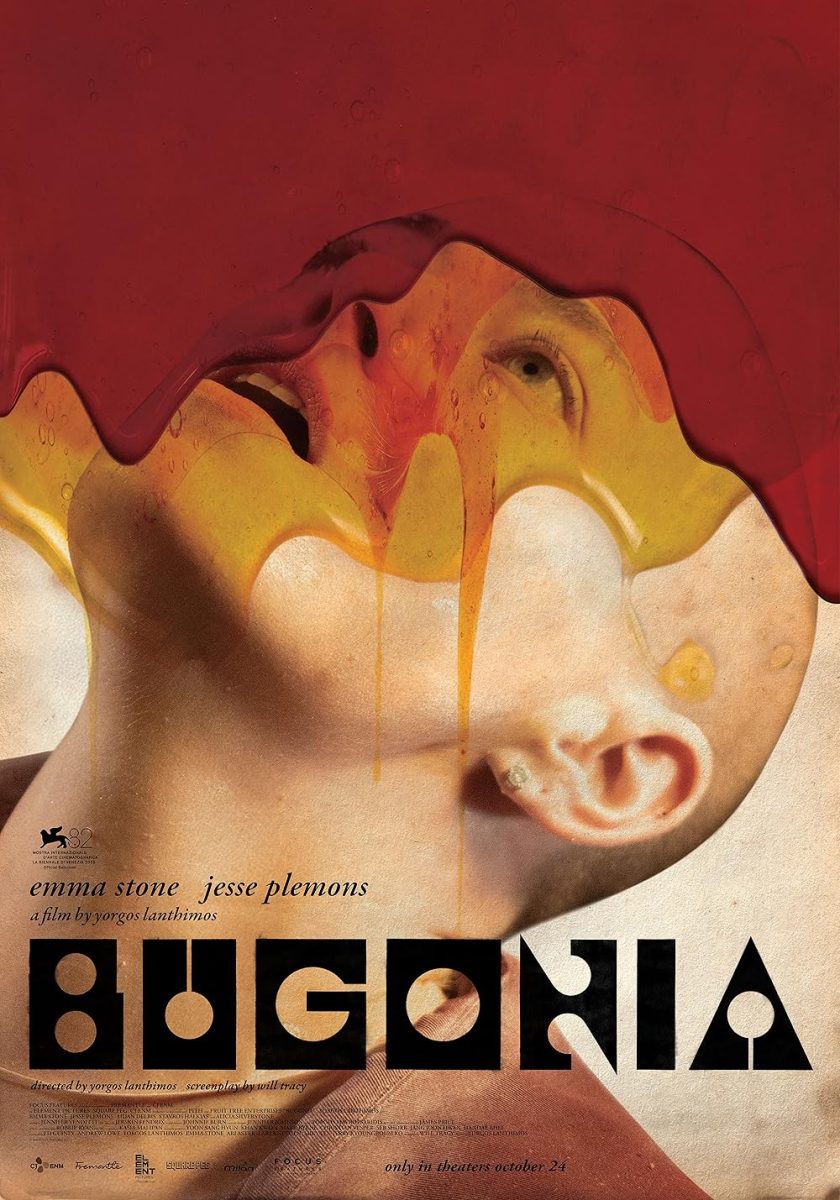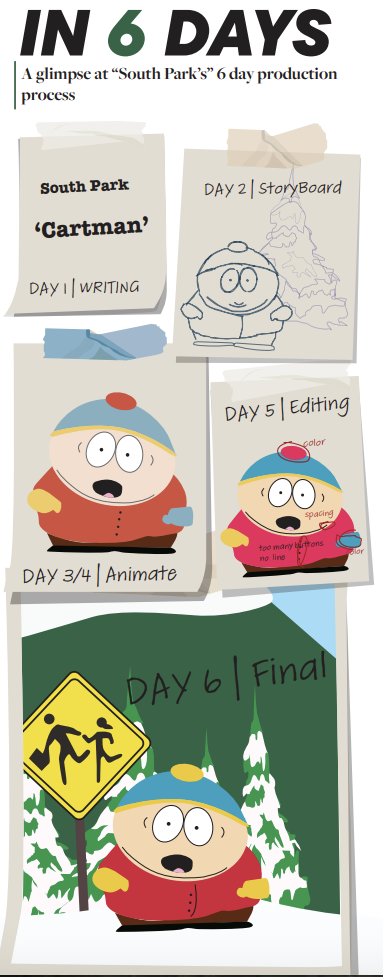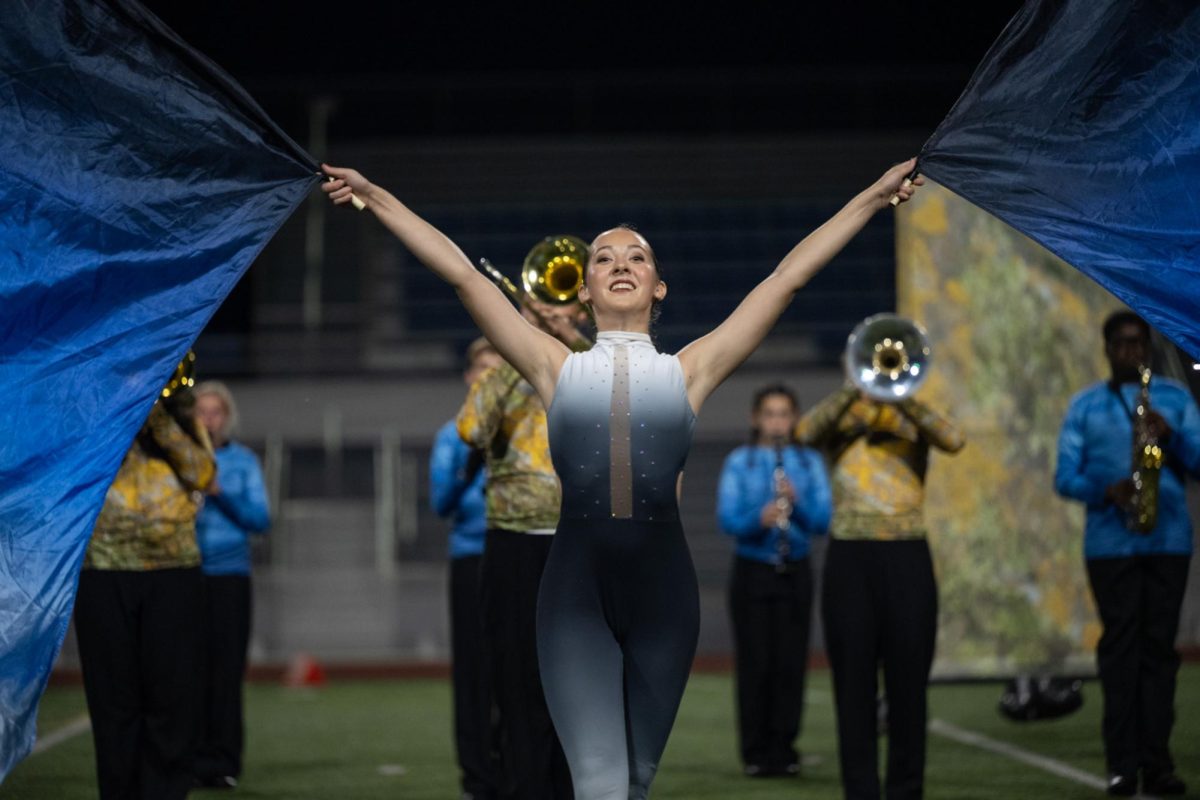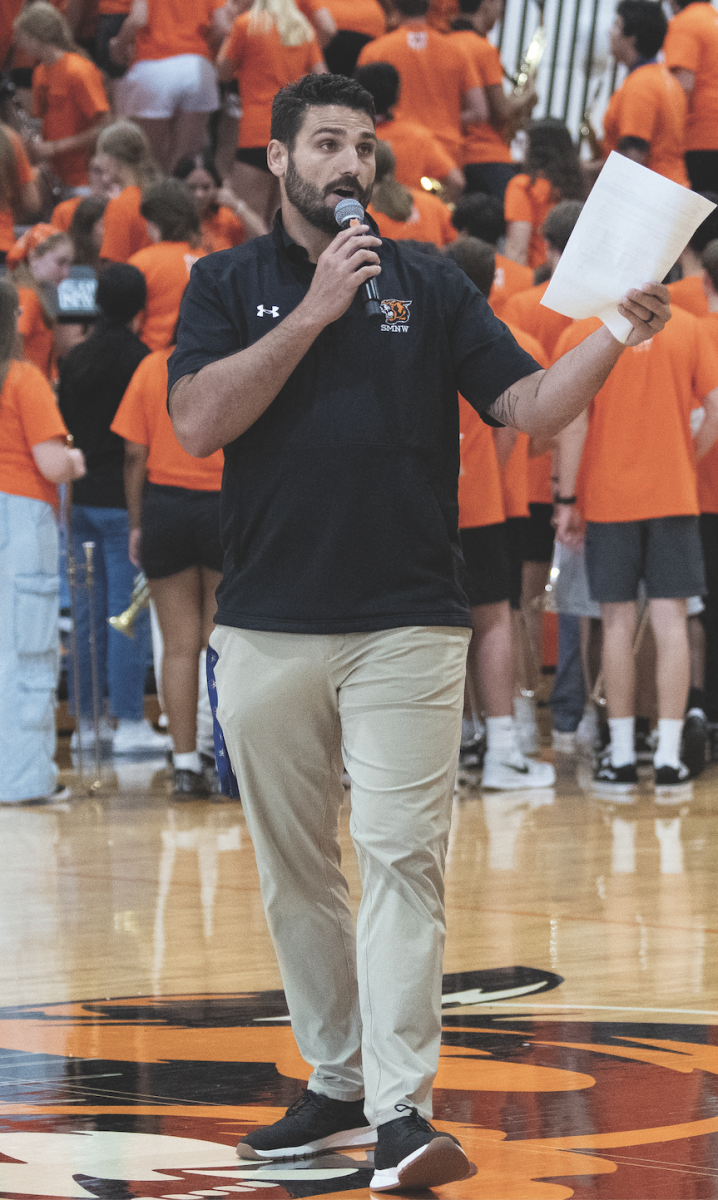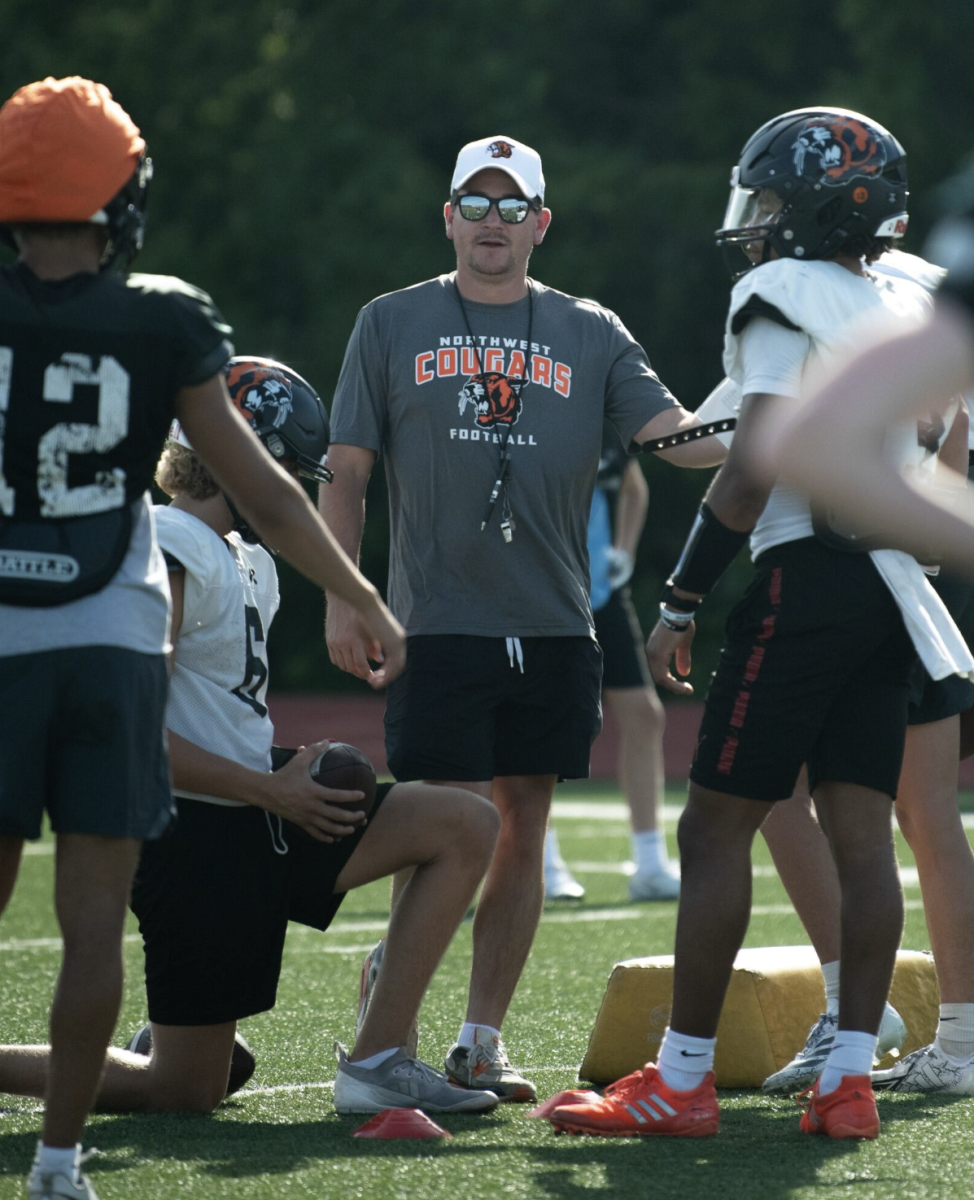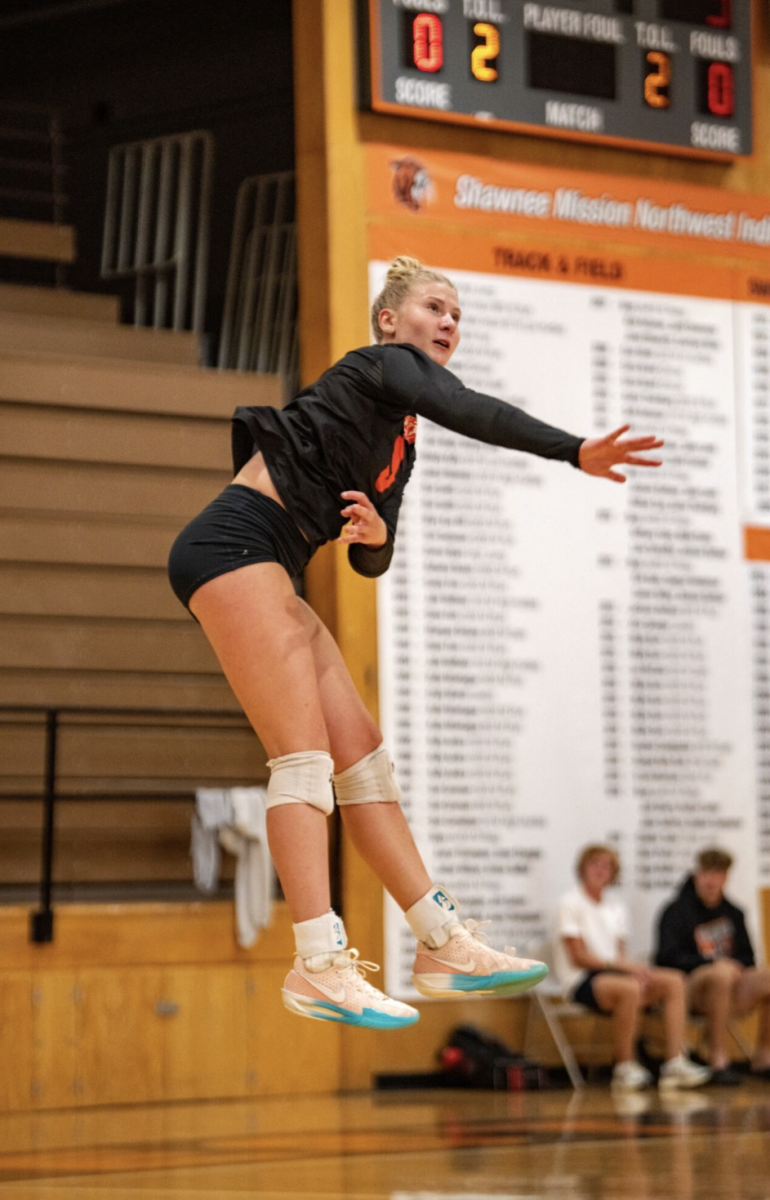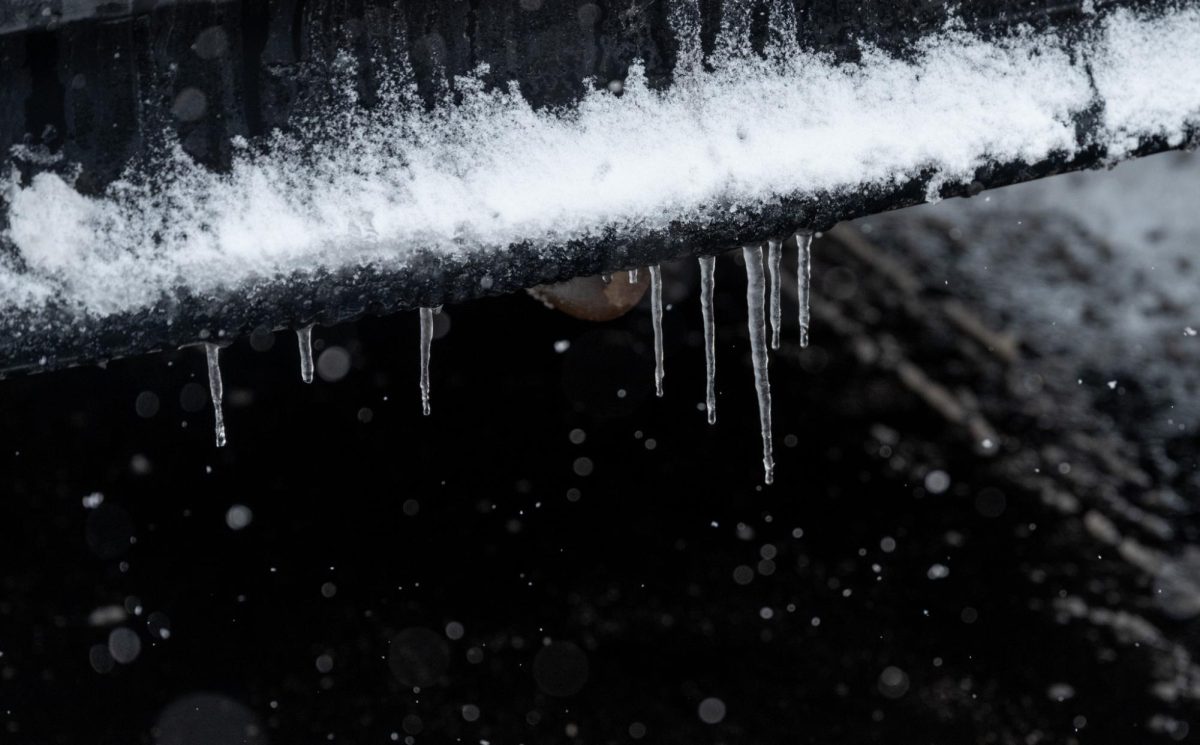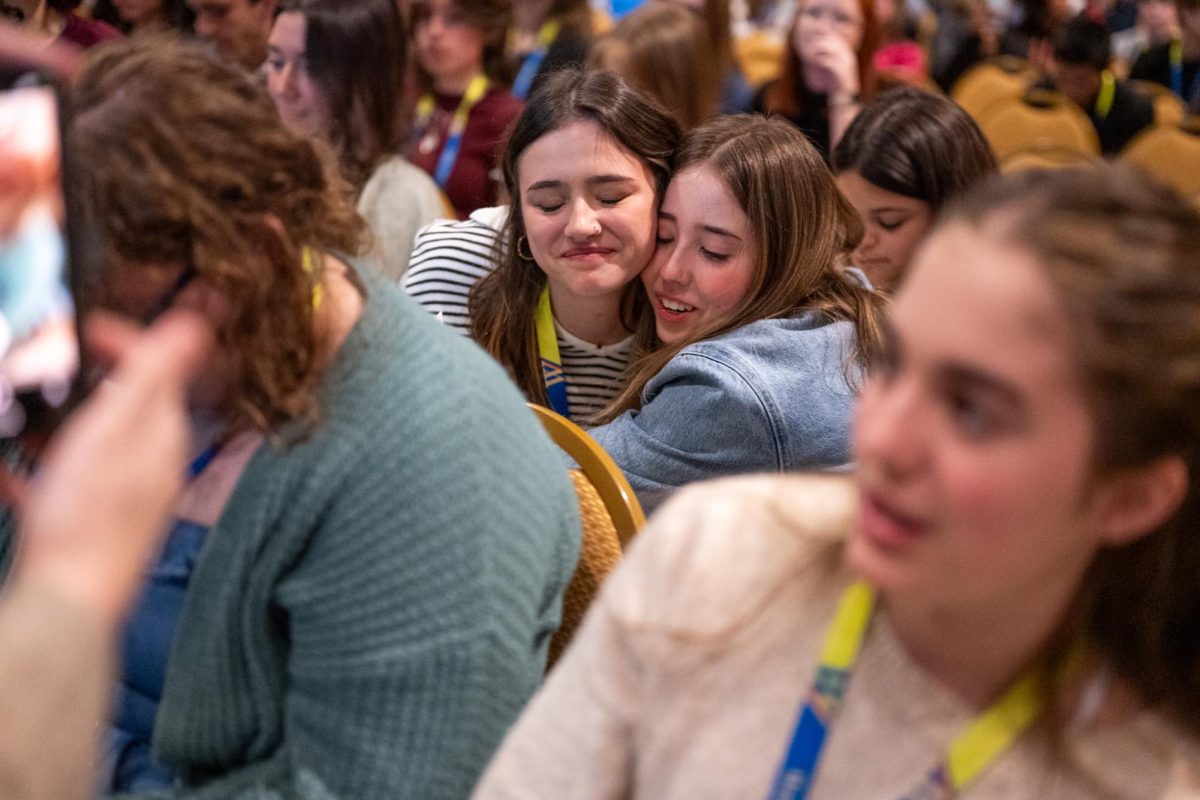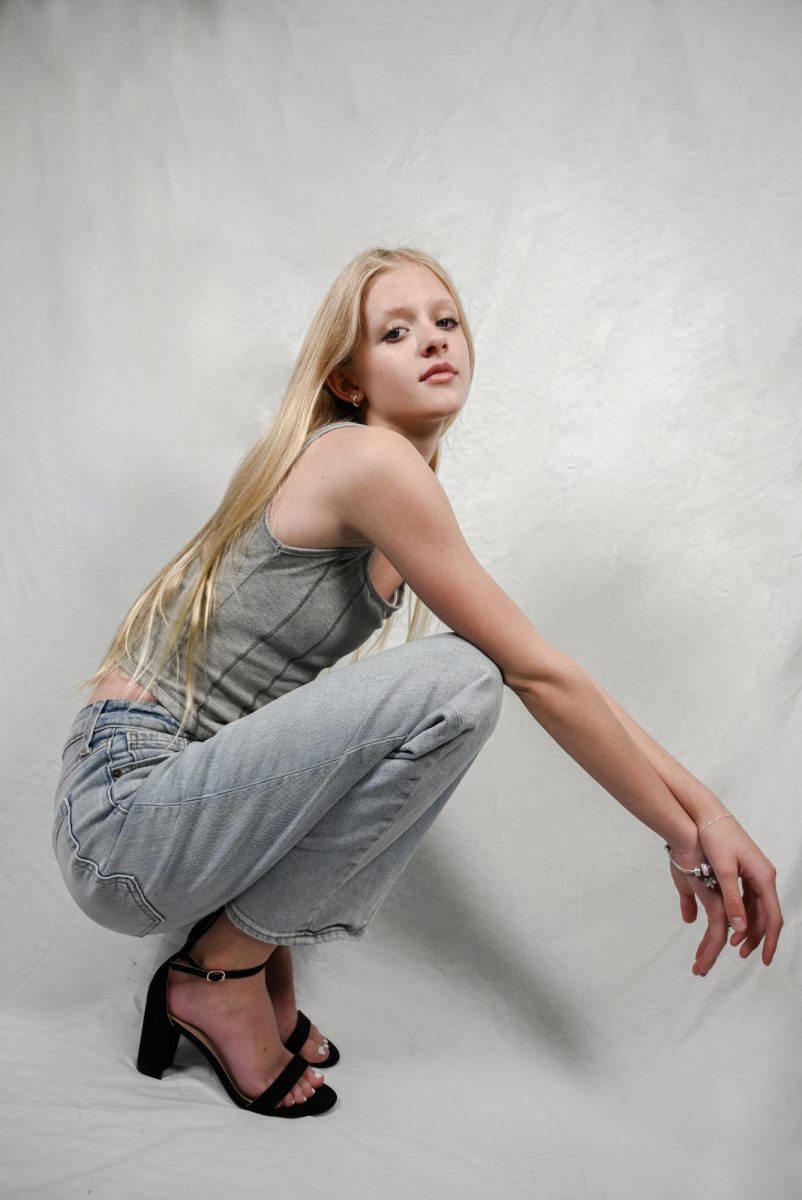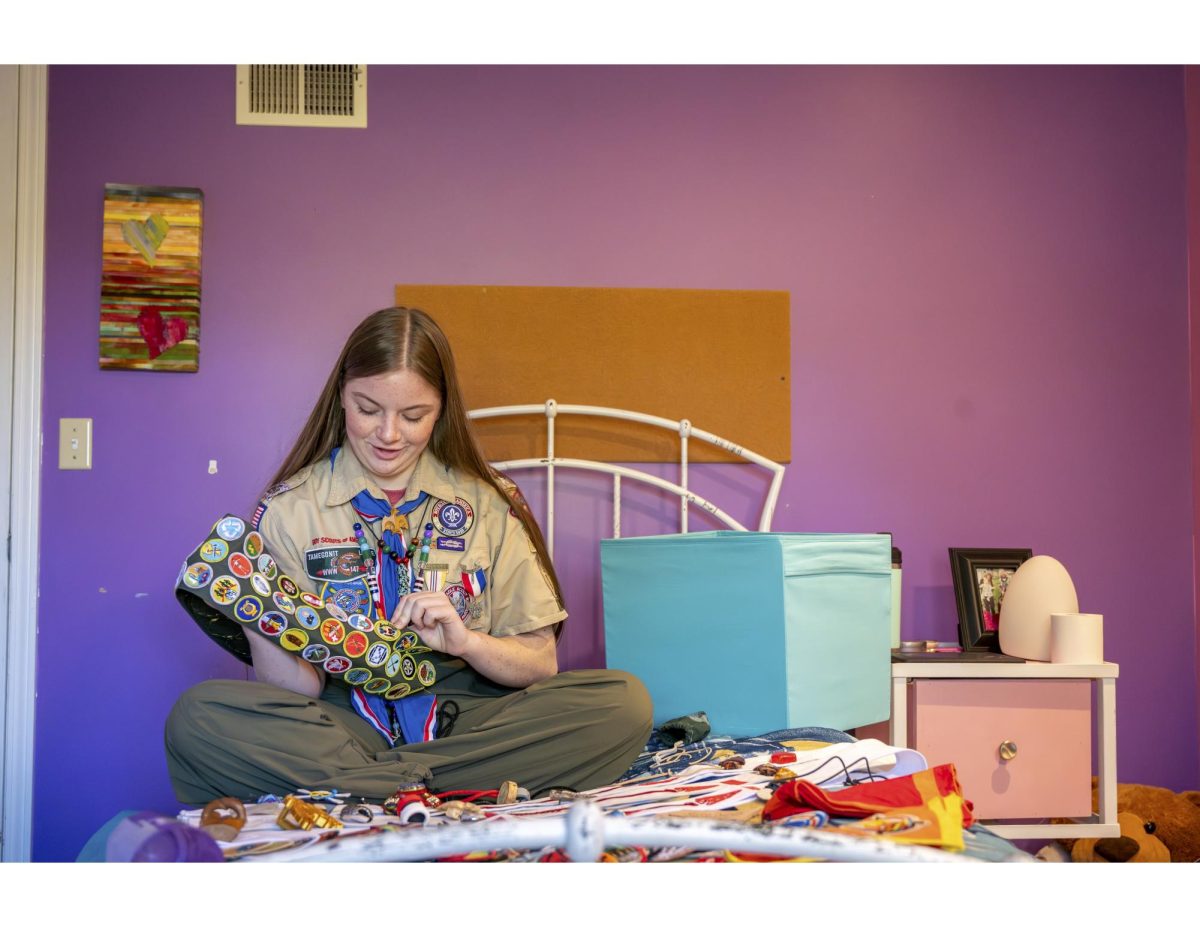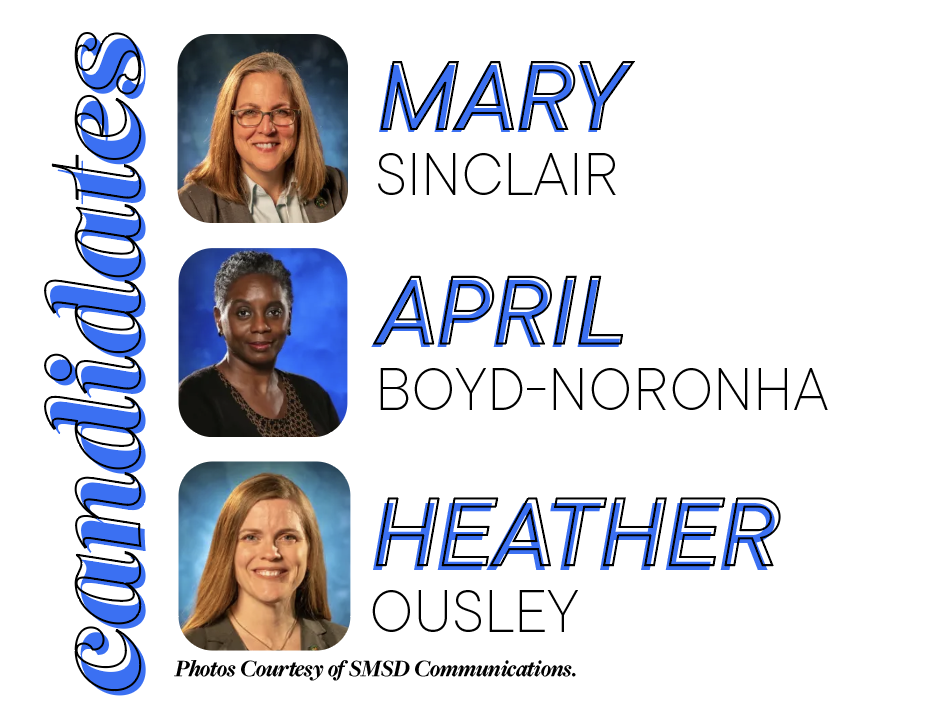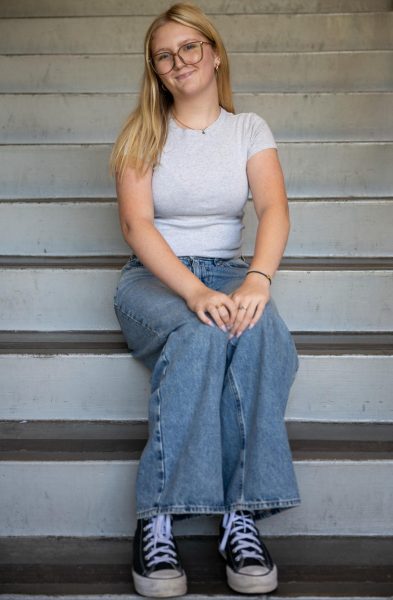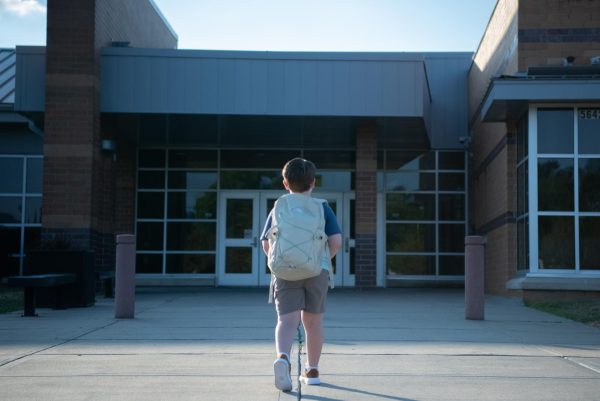
*Some source names have not been included in this story to protect their privacy
Babies born in 2020 are now in kindergarten, entering their scholastic journey.
According to a study done by the National Library of Medicine, “from very early on, children are not simply passive observers, registering the superficial appearance of things. Rather, they are building explanatory systems—implicit theories—that organize their knowledge.” That means that when children are not around others their age, like during COVID, their development differs from others.
The 2020 lockdown caused seclusion which altered the way people carried out everyday tasks. There were no sports, no playdates and no in-person school. Teachers and families are worried about the effects of isolation on young students. People on social media have had a negative response to the idea of covid babies being in school.
A trend started a few weeks before school started where parents were posting “Here comes my covid baby! Good luck teachers” over a video of their child exhibiting distributive behavior or out of character at home. This has started a chain of responses from teachers, where they speak about how their students this year are “surprisingly” well acting, and behaved.
“I think that their social skills are actually better than most because of the mandatory lockdowns,” a kindergarten teacher in SMSD said, “They actually had more time with their moms and dads in their own home. So I think that their school social skills are actually better than years past”.
This year’s kindergarten class has been told to have acted and performed in a class setting almost “better” than the current first graders.
The class before the kindergarteners didn’t get a chance to go to preschool due to covid, and having school beforehand allows the students to learn the routine. They are able to gain skills that some at home aren’t, like following directions or getting through a lesson with little to no breaks, because they’ve been taught to already.
“Having a routine set into place for the students allows them to have early childhood exposure,” a teacher in SMSD said. “If they don’t have a little bit of practice of that when they’re three and four, when they come to kindergarten at five, it takes a little bit longer for them to kind of figure out this whole schooling thing.”
Students at SMNW in the teacher education program, which is a class that allows students to travel to elementary schools and work with classes. The class meets the students, and does tasks the teacher assigns, whether that’s cutting out something for the bulletin boards or grading tests. “I love it, I want to be a teacher so it’s my favorite class. I feel like it helps build a relationship with the kids over time,”Junior Yohanna Ayana says. Ayana is involved in teacher education and works with a kindergarten class.

